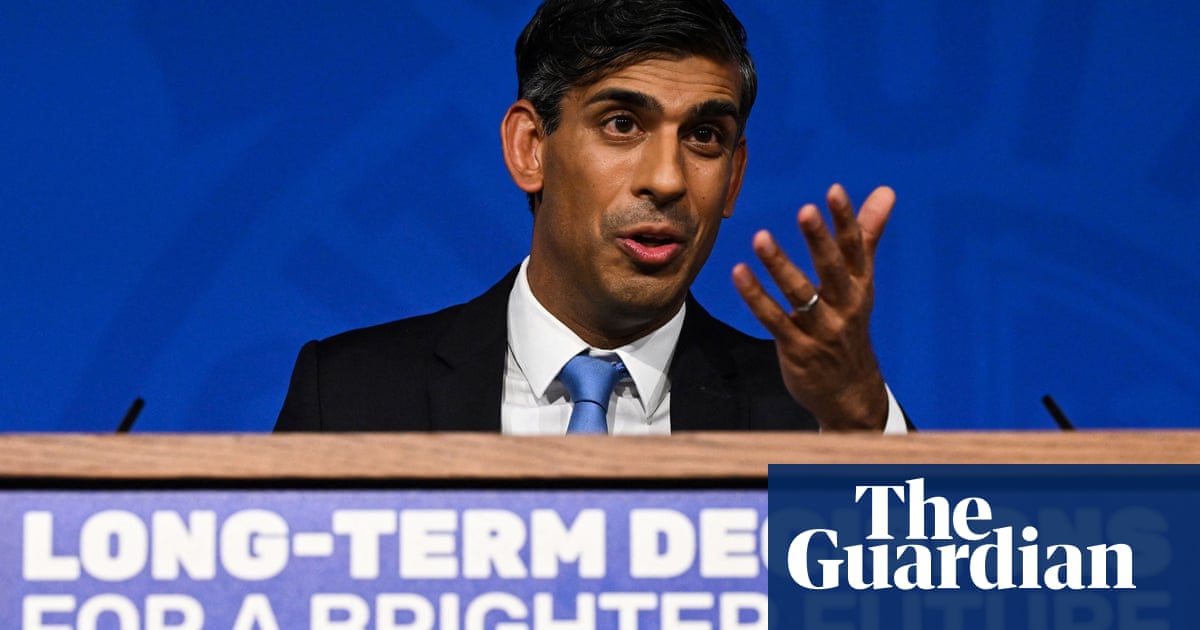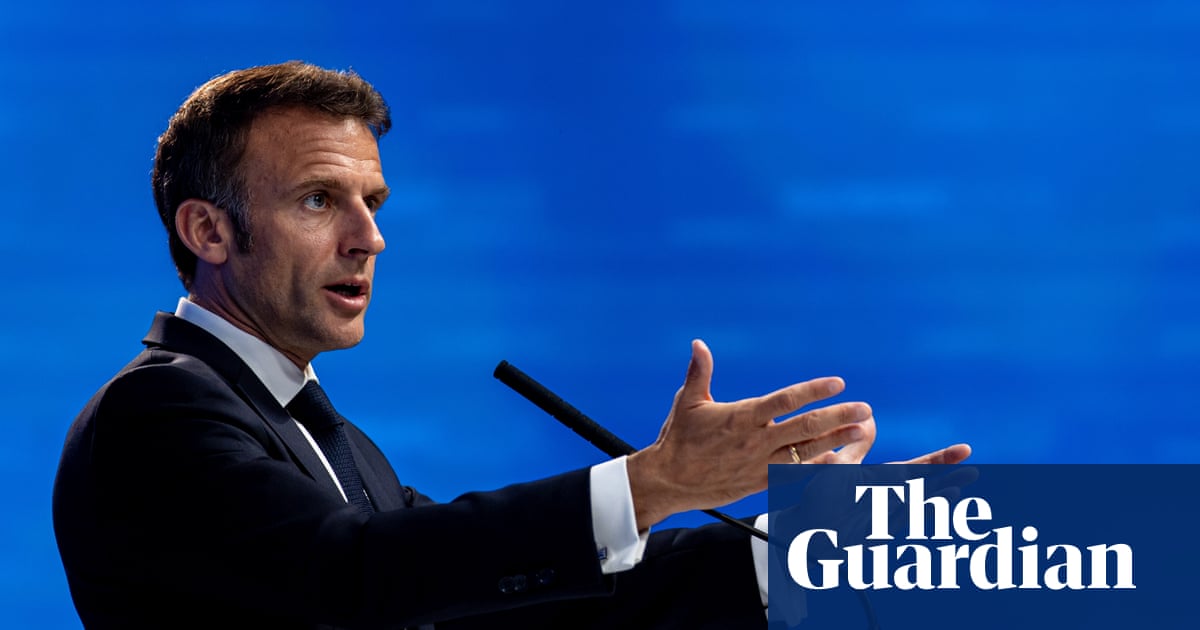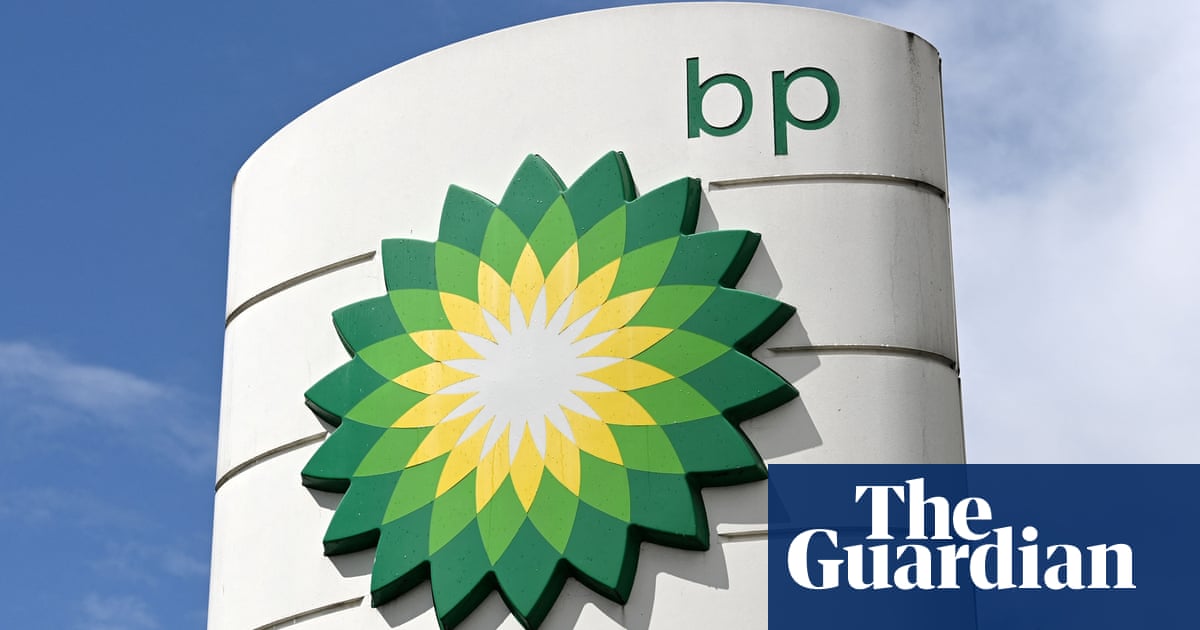
The windfall tax is only a “sticking plaster” to provide temporary relief on energy bills that does nothing to improve the UK’s leaky homes, and encourages oil and gas companies into more production, climate campaigners have said.
They say this will increase the UK’s dependence on fossil fuels instead of supporting a switch to green energy.
Experts have called for a nationwide programme of home insulation, as a quick and sure way to bring down energy bills that had been neglected by the government, and warned of the impact of using tax breaks to fuel new oil and gas exploration that would do nothing to ease bills in the short term and would lock in high greenhouse gas emissions in the long term.
Ami McCarthy, a political campaigner for Greenpeace UK, said: “This windfall tax will serve only as a sticking plaster. While providing support to millions struggling with sky-high energy bills is 100% the right thing to do, by only skimming the top 25% off oil and gas company profits Sunak has missed a huge opportunity to tackle the root cause of the cost of living crisis, and the climate crisis together.”
She said profits should have been taxed at 70%, more than doubling the cash available, which could have funded energy efficiency measures such as insulation for homes as well as the payments to households the chancellor, Rishi Sunak, has agreed. Funding energy efficiency would protect against future bills as well as this year’s increases.
Sunak also announced that oil and gas companies that invest in new fossil fuel production would receive a tax break worth 90% of the windfall tax. Yet new oil and gas production will take years, perhaps decades, to come to fulfilment, making no impact on energy bills now and potentially busting the UK’s future carbon budgets.
McCarthy said: “Instead of driving money into clean energy solutions, Sunak has used this announcement to encourage oil and gas company investments. Yet the current cost of living crisis is mostly a result of gas price rises – hard-up families shouldn’t have to wait for the prime minister and chancellor to deliver cheaper and cleaner energy to help with their bills.”
Mike Childs, head of policy at Friends of the Earth, added: “Giving a tax exemption to the fossil fuel giants that have done so much to cause the climate emergency and profit from the energy crisis for more oil and gas extraction is plainly wrong. Green power and energy efficiency are the real solutions.”
Last week, the government announced it would allow for only about 12GW of new renewable energy capacity in its annual auction round, although renewable industry experts say nearly 18GW of new offshore and onshore wind and solar projects are “shovel-ready” and could begin production this year or next year. Renewable energy is now cheaper than fossil fuels.
Jess Ralston, a senior analyst at the Energy and Climate Intelligence Unit, said the lack of a plan for insulation was a “glaring omission” that left open the question of what would happen to bill-payers when the “stopgap” windfall tax payments ceased. “Temporary solutions are a sticking plaster and all estimates show gas prices will be high for years to come, so investing in insulating our leaky roofs and walls makes the best long-term use of taxpayers’ money,” she said.
Experts also urged the government to set out longer-term plans for dealing with the UK’s energy crisis. Michael Grubb, a professor of energy at UCL, asked: “What will the government do with the UK’s energy system? Our electricity market means consumers pay doubly for the high cost of gas – once through heating, and again through the impact of gas on electricity prices, even though renewable energy is now far cheaper. It is the system itself that needs bold measures: to invest in energy efficiency, remove obstacles to the cheapest and quickest renewables available, and reform how the market works.”












